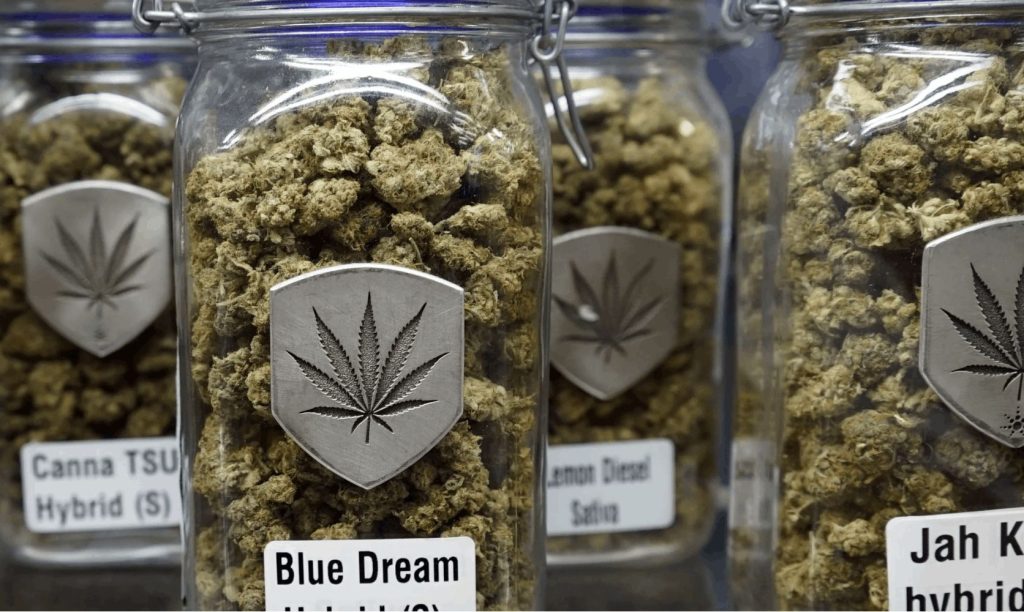Marijuana, also known as cannabis, has been a topic of controversy and misinformation for decades. As legalization efforts continue to gain momentum worldwide, it’s essential to debunk common myths and misconceptions surrounding this versatile plant. Online marijuana dispensaries serve as valuable sources of information and products, and they’re often at the forefront of challenging outdated beliefs. In this blog post, we’ll tackle 10 common marijuana myths and shed light on the truth, as told by online marijuana dispensaries.
Myth 1: Marijuana Is a Gateway Drug: Dispensary Insight: Online marijuana dispensaries emphasize that there is no evidence to support the notion that marijuana use leads to the use of harder drugs. In fact, many users consume cannabis responsibly without ever transitioning to other substances.
Myth 2: Marijuana Is Highly Addictive: Dispensary Insight: While marijuana can lead to psychological dependence in some individuals, it is not physically addictive like substances such as nicotine or opioids. Online dispensaries promote responsible consumption and highlight the importance of moderation.
Myth 3: Marijuana Causes Memory Loss: Dispensary Insight: While excessive marijuana use may impair short-term memory function, moderate consumption is unlikely to cause long-term memory loss. Online dispensaries advocate for informed and responsible use to minimize potential cognitive effects.
Myth 4: Marijuana Kills Brain Cells: Dispensary Insight: Contrary to popular belief, research suggests that marijuana does not kill brain cells. Instead, cannabinoids like THC and CBD interact with the endocannabinoid system to regulate various physiological processes.
Myth 5: Marijuana Is Harmful to Your Lungs: Dispensary Insight: While smoking marijuana may irritate the respiratory system, there is limited evidence to suggest that it causes lung cancer or other serious respiratory conditions. Online dispensaries offer alternative consumption methods such as vaporization and edibles to minimize potential risks.
Myth 6: Marijuana Causes Psychosis: Dispensary Insight: While marijuana use may exacerbate symptoms of psychosis in individuals predisposed to mental health disorders, it does not directly cause psychosis in otherwise healthy individuals. Online dispensaries prioritize customer education and encourage users to be mindful of their mental health.
Myth 7: Marijuana Is a Gateway to Criminal Behavior: Dispensary Insight: There is no causal link between marijuana use and criminal behavior. In fact, legalization has led to a decrease in cannabis-related arrests and criminal activity. Online dispensaries advocate for sensible drug policies and destigmatization of cannabis use.
Myth 8: Marijuana Has No Medicinal Value: Dispensary Insight: Extensive research has demonstrated the therapeutic potential of marijuana for treating a wide range of medical conditions, including chronic pain, epilepsy, and PTSD. Online dispensaries provide access to medical-grade cannabis products for patients in need.
Myth 9: Marijuana Makes You Lazy and Unmotivated: Dispensary Insight: While some users may experience temporary feelings of relaxation or lethargy after consuming marijuana, others report increased creativity, focus, and productivity. Online dispensaries offer a diverse selection of strains to cater to individual preferences and desired effects.
Myth 10: Marijuana Is Only for “Stoners” and “Potheads”: Dispensary Insight: Cannabis consumption is increasingly normalized and embraced by individuals from all walks of life, including professionals, parents, and seniors. Online dispensaries promote inclusivity and aim to break down stereotypes associated with cannabis use.
In conclusion, online marijuana dispensaries play a vital role in dispelling myths and misconceptions surrounding cannabis. By providing accurate information, access to quality products, and a supportive community, these dispensaries empower consumers to make informed choices and enjoy cannabis responsibly. As legalization efforts progress, it’s essential to continue challenging outdated beliefs and advocating for evidence-based policies that prioritize public health and safety.

 New Arrivals
New Arrivals
